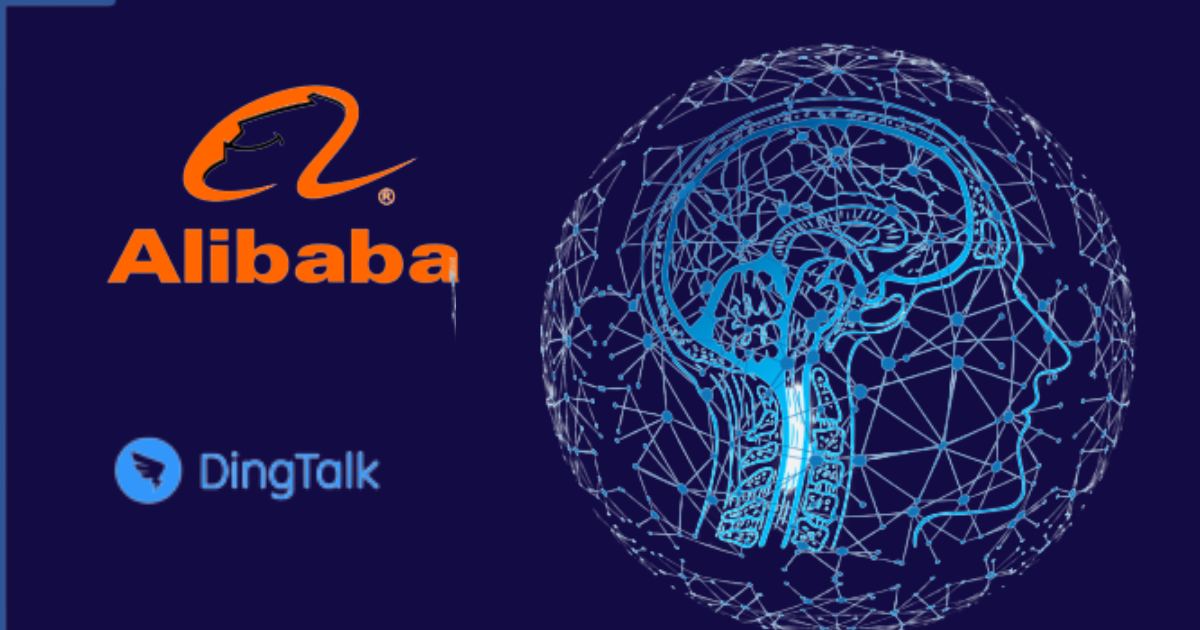Alibaba Group Holding Ltd. is integrating its most advanced artificial intelligence system into its Slack-like DingTalk messaging app and a meeting assistant named Tingwu.
The large language model (LLM) developed by Alibaba Cloud, dubbed Tongyi Qianwen, is now powering interactions with a new version of the assistant, Tongyi Tingwu. It helps by analyzing audio and video files and generating text summaries, and is now open to the public to try. That bot will also be integrated into DingTalk, the cloud unit said in a statement Thursday.
OpenAI’s breakthrough ChatGPT bot has hastened the release of LLMs by companies around the globe, from internet players like Alibaba and Baidu Inc. to hardware companies like Asustek Computer Inc.
Alibaba announced its LLM on April 11, saying it will gradually add it across its various businesses to improve the user experience and enhance competitiveness. The integration with the meeting assistant is a response to the growing amount of video and audio consumed daily, the company’s cloud unit tech chief Jingren Zhou said in the statement.
Tongyi Qianwen will help users to better understand and summarize audio and video content,” Zhou said. “This will be especially helpful for meetings, where users can quickly get the key points of a discussion without having to watch or listen to the entire recording.”
The LLM is also being used to power other features in DingTalk, such as the ability to generate personalized recommendations for products and services. Alibaba says it is still working on other ways to use the technology, and that it plans to make it available to other developers in the future.
The integration of AI into DingTalk and Tingwu is the latest sign of Alibaba’s commitment to artificial intelligence. The company has been investing heavily in AI research and development in recent years, and it has said that it plans to become a leader in the field.
Alibaba’s move is also a sign of the growing importance of AI in the workplace. As more and more businesses adopt AI technologies, it is likely that we will see even more innovation in the way that we work.



![[CITYPNG.COM]White Google Play PlayStore Logo – 1500×1500](https://startupnews.fyi/wp-content/uploads/2025/08/CITYPNG.COMWhite-Google-Play-PlayStore-Logo-1500x1500-1-630x630.png)